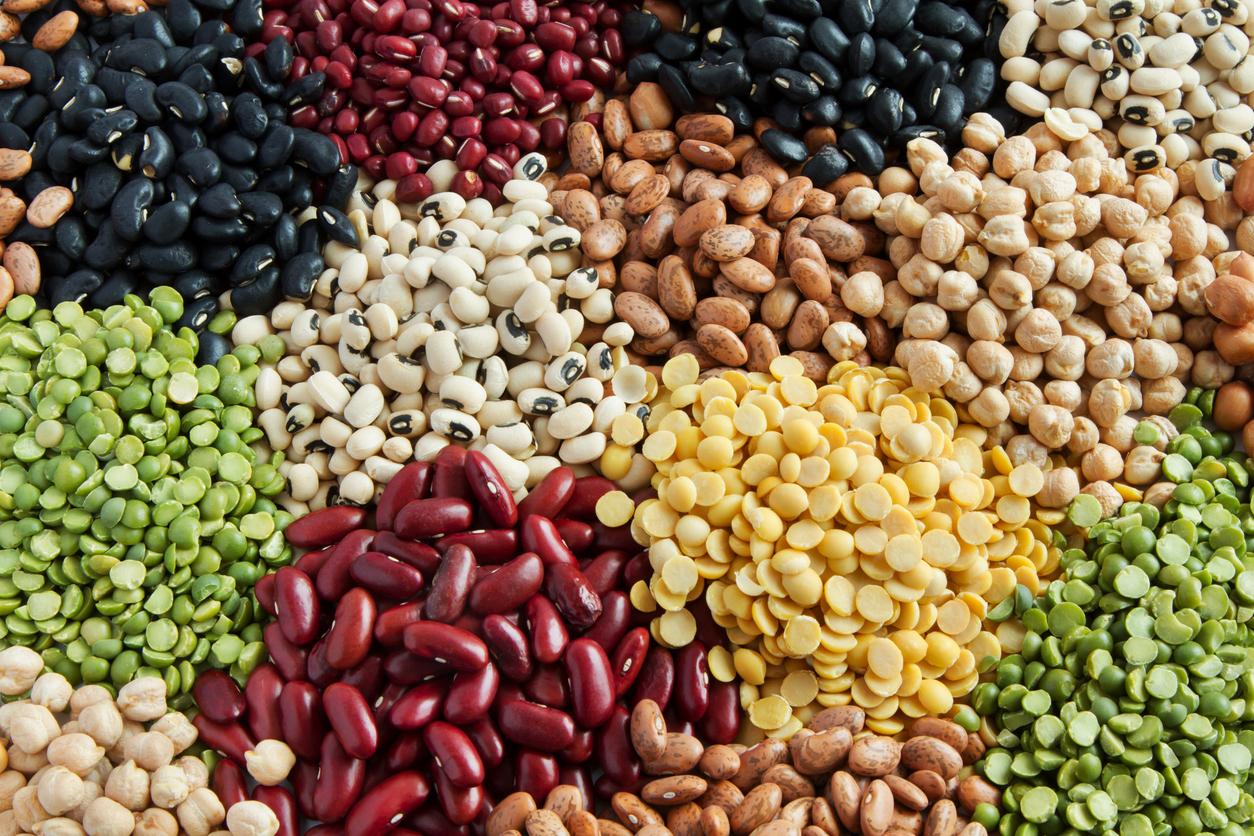
 June 15, 2010 – It would be the consumption of processed meats (sausage, bacon, cold meats …) rather than red meat that would increase the risk of certain diseases, such as heart disease and diabetes.
June 15, 2010 – It would be the consumption of processed meats (sausage, bacon, cold meats …) rather than red meat that would increase the risk of certain diseases, such as heart disease and diabetes.
This is indicated by the results of the largest meta-analysis1 conducted to date to assess the effects of red meat and processed meat on the incidence of cardiometabolic disease. Three US researchers from Harvard University analyzed the results of 20 observational studies with more than 1.2 million subjects2 of which 23,889 cases of heart disease, 2,280 cases of cerebrovascular accident (stroke) and 10,797 cases of diabetes occurred.
The compilation of the results indicates that the risk of suffering from cardiovascular disease increased by 42% for a consumption of 50 g per day of processed meat. The risk of suffering from diabetes increased by 19% for the same intake of industrial meat. No increased risk of stroke associated with the consumption of processed or unprocessed meat has been observed.
The study authors also report that they did not observe any noticeable effect of red meat consumption on the incidence of the diseases studied.
The researchers point out that preservatives in processed meats, such as sodium and nitrous compounds, could be responsible for these harmful effects. Salt is known to cause high blood pressure and impair the proper functioning of blood vessel walls, while nitrates and their byproducts lead to atherosclerosis and reduce insulin secretion and glucose tolerance.
The authors conclude that programs aimed at preventing cardiovascular disease and diabetes should target a reduction in the consumption of processed meats.
A study published in January 2010 concluded that reducing the consumption of saturated fat from meat, eggs or dairy products did not decrease the risk of having a heart attack or stroke.3.
Pierre Lefrançois – PasseportSanté.net
1. Micha R, Wallace SK, Mozaffarian D. Red and processed meat consumption and risk of incident coronary heart disease, stroke, and diabetes mellitus: a systematic review and meta-analysis. Circulation. 2010 Jun 1; 121 (21): 2271-83.
2. The participants came from North America, Europe, Asia and Australia. The dietary intakes of each of the subjects were measured using standardized questionnaires in order to assess the total meat consumption, the consumption of unprocessed red meat and the consumption of processed meats.
3. For more information: Meat, cheese, cream are no longer enemies of the heart and arteries.















